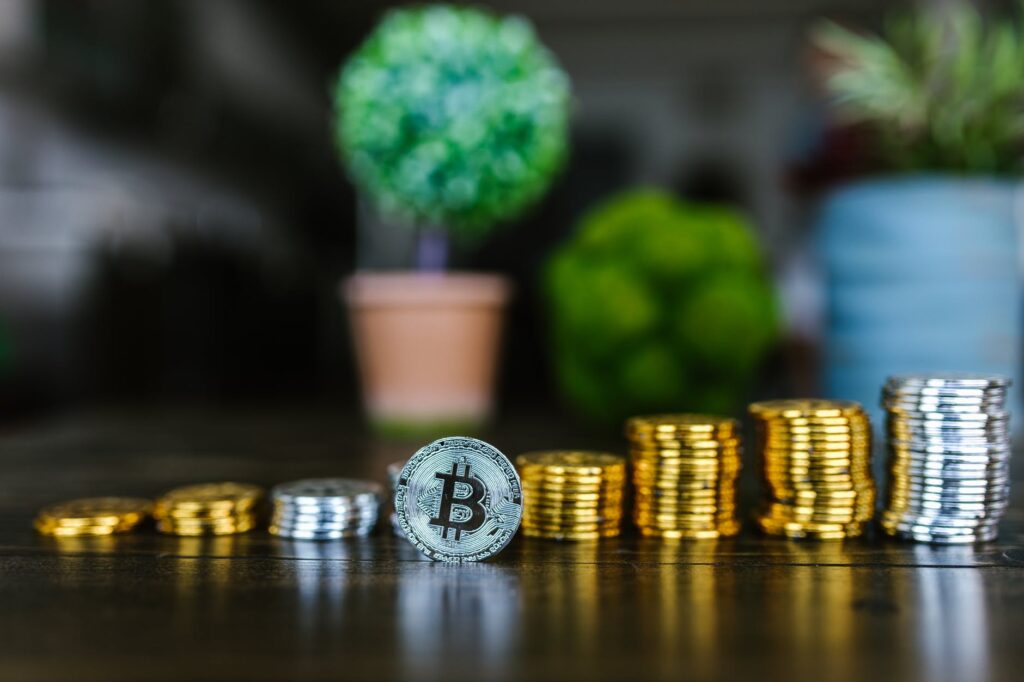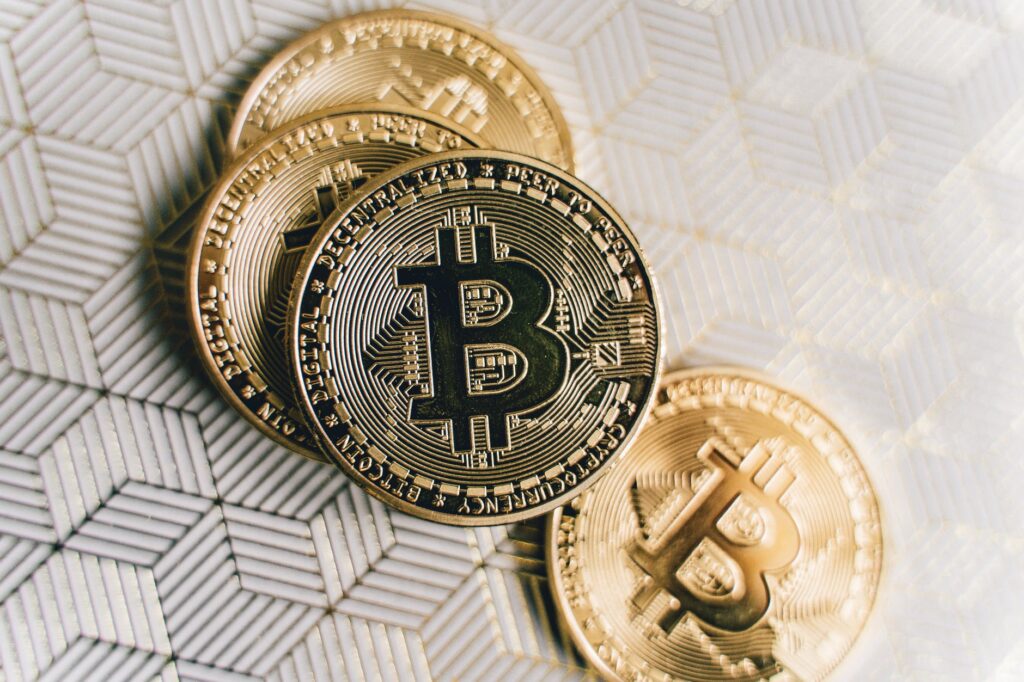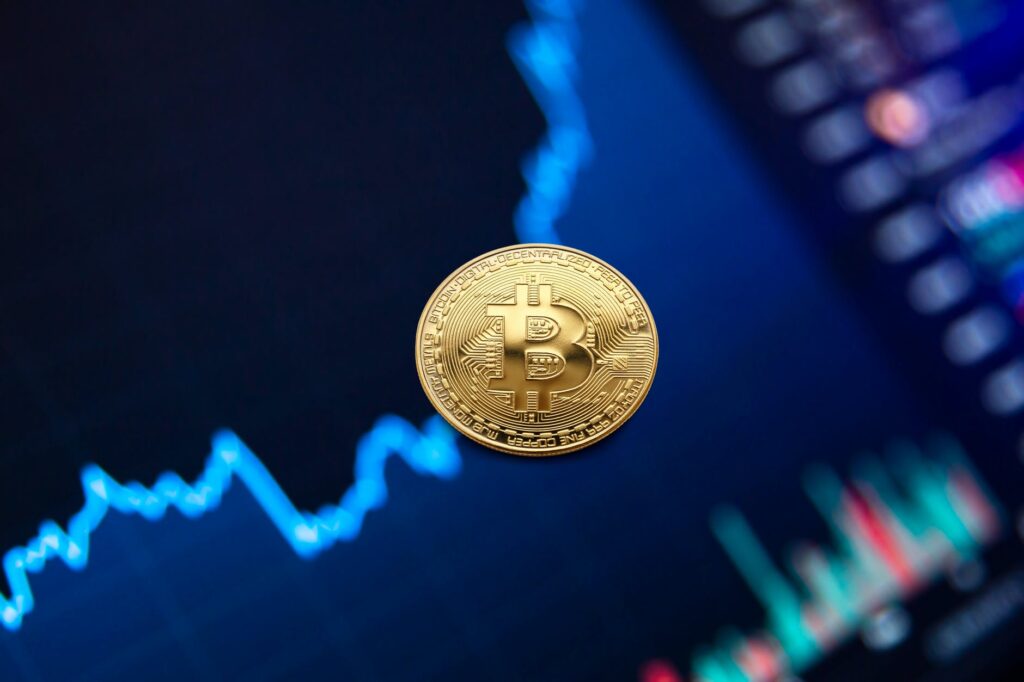The world of cryptocurrencies is no stranger to scams. Given the importance many people put on the new, “digital gold”, it begs the question of how to prevent these scams. The pioneer crypto is Bitcoin, and many people ask whether or not Bitcoin transactions can be faked.
As Bitcoin investors surge to buy more every possibility they can, safeguarding your wallet and transactions becomes important. So that’s why we’re here to give you an answer to this question. Can Bitcoin transactions be faked? Let’s find out.
How do Bitcoin Transactions work?

Before we answer the question, we have to look at how each transaction is done. Fortunately, Bitcoin transactions aren’t difficult to understand. To easily cover this step, we will give you a brief and simple overview of how a Bitcoin transaction is done through the network.
In order to send or receive the currency, you need a private key. A private key is unique to you and no one else has the exact same key as you. If you’re sending Bitcoin to another person or address, you need to add the amount of Bitcoin you want to send, the address that you want to send, and your own address that holds the Bitcoin.
Luckily, exchanges and wallets automate the last part of the process by automatically adding your address for you.
Once you’ve added all the necessary information, you begin the sending process.
Things work in the background from here on. But in short, you send a message to the Blockchain where the Blockchain verifies all the information you’ve added. Then, the message is sent to the network where nodes verify your private key. If all is well, the message (transaction) is then verified by miners. Miners are responsible for verifying transactions. Once all the mining blocks have been verified by the Bitcoin miners, the network broadcasts the transaction and leaves a copy to the Blockchain.
This simple process can take anywhere between five minutes of one hour. In some cases, it can take much longer depending on the mining speed.
Can Bitcoin Transaction Be Faked?

Every person that owns Bitcoin has a Bitcoin address, which is a public key. Every time you send or receive Bitcoin, the network uses your private key and compares it with the public key to ensure the information is genuine.
So the short answer to the question is both yes and no. But how is that possible? Although Bitcoin transactions can be faked, they will always fail. Faked transactions get ignored by the nodes and will not be included in the mining blocks. So even though you can fake a Bitcoin transaction by altering some of the parameters, the transaction will simply be ignored by the nodes.
How Secure Is Bitcoin?

Bitcoin is the pioneer of the digital currency craze. It is the first-ever cryptocurrency to be launched, with thousands following it. Being the main currency does make it highly in demand. But even if Bitcoin is popular, that doesn’t answer the question of whether or not it’s secure.
To put all doubts to bed, Bitcoin is one of the safest currencies out there. The blockchain is highly complex and implements all kinds of safeguards to protect investors. Bitcoin users are the lifeblood of the blockchain. They are responsible for verifying transactions and reviewing the blockchain. Thus, hacks will be highly ineffective. With all that said, that doesn’t mean Bitcoin is safe to invest in. Although the rest of the market follows Bitcoin’s patterns, investing in this currency can be risky. This is all because a single Bitcoin is worth $42,700 – at the time of writing.
But you can indeed make money. If you’re interested in that, make sure to read more here.
3 Ways To Avoid Losing Your Bitcoin

Even though it’s nearly impossible for someone to fake a transaction, that doesn’t mean you’re safe. There are many ways hackers can exploit you and get into your wallet to send your Bitcoin to their addresses.
Since the issue is very real and very serious, here are a few ways to protect yourself from Bitcoin scams.
1. Be Aware Of Phishing Sites
Phishing sites are copies of real sites that serve the purpose of acquiring your login credentials. They are very real and very much a threat to the entire cryptocurrency ecosystem and everyone involved. If you log in to one of these phishing sites, your credentials are gone. Thus, it’s important to be aware of the threat to prevent it from happening.
The best way to protect yourself from phishing sites is to look at the URL that you’re visiting. Make sure that the URL is the same as the exchange you’re using. Scammers will likely alter a single letter and make the website look identical to the real one.
2. Be Aware Of Fake Mobile Apps
Another common scam in the crypto world is shady mobile apps. Not every exchange or wallet has a mobile version.
While it’s easy to understand why you would be interested in downloading a mobile app from the exchange you’re using, you need to make sure that the exchange even has a mobile version, to begin with. If so, carefully make sure that you’re downloading the right one.
In many cases, the exchange will directly relay you to a link where you can download the app via the App Store or Play Store. The exchange might even provide a QR code for you to scan.
3. Be Aware Of Shady Emails
Quite possibly the most common Bitcoin scams come in the form of email scams. You might receive an email address from an exchange with a link to log in to your account. In nearly all cases, the scammers will copy a similar layout that the service uses to trick you into believing they’re the real deal. They will include the logo and make everything look identical.
To protect yourself from these types of scams, never click on a link that the email includes. Always double-check if the email address is a legit one by doing your due diligence. While this might seem like hard work, it is absolutely necessary when it comes to protecting your Bitcoin.
 Imagup General Magazine 2024
Imagup General Magazine 2024



